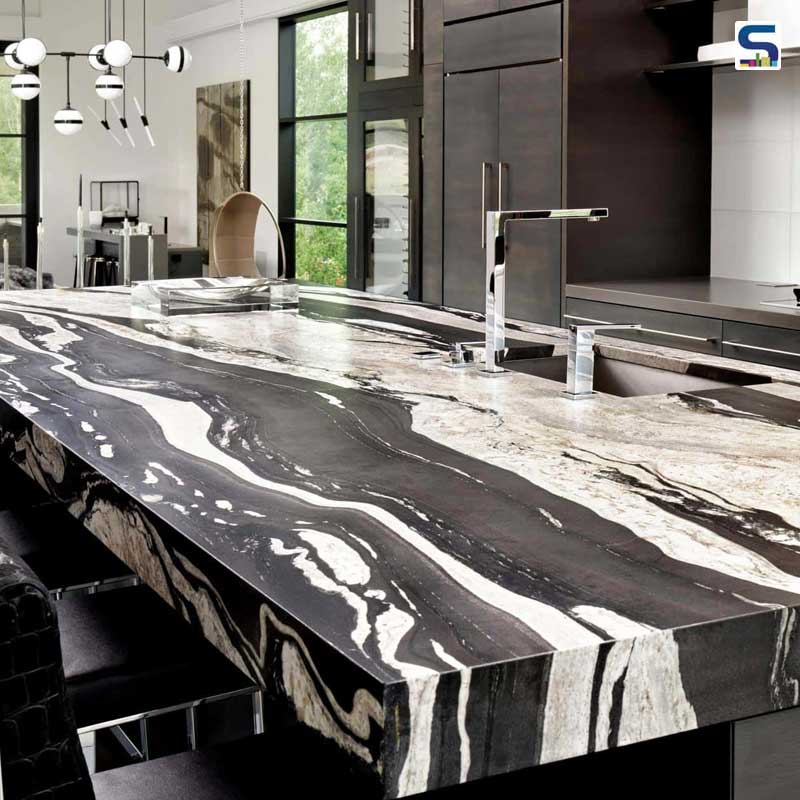
Before heading to the point on telling you whether Quartz is the one that is more durable or is it Granite, SURFACES REPORTER would first like to tell you what these two minerals are and what are the pros and cons of these two. Follow these points and decide for yourself which one of the two is more durable and suits your needs.
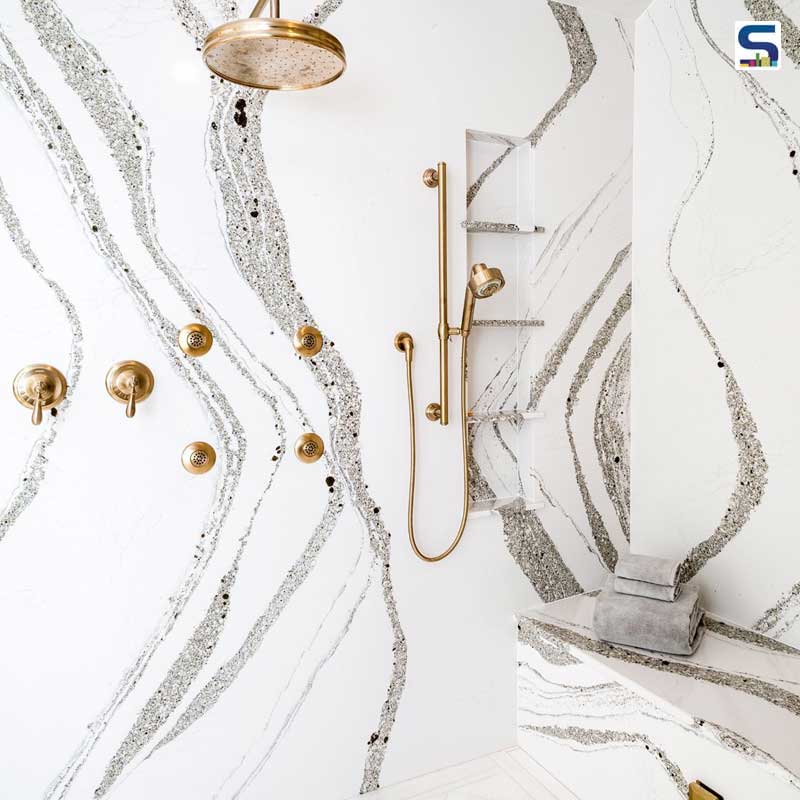
What is Quartz?
Quartz is a mixture of natural stone and resin that is put together to form a solid, non-breakable, durable product that can be used for both indoors and outdoors. It is human-made and it is completely environment-friendly.
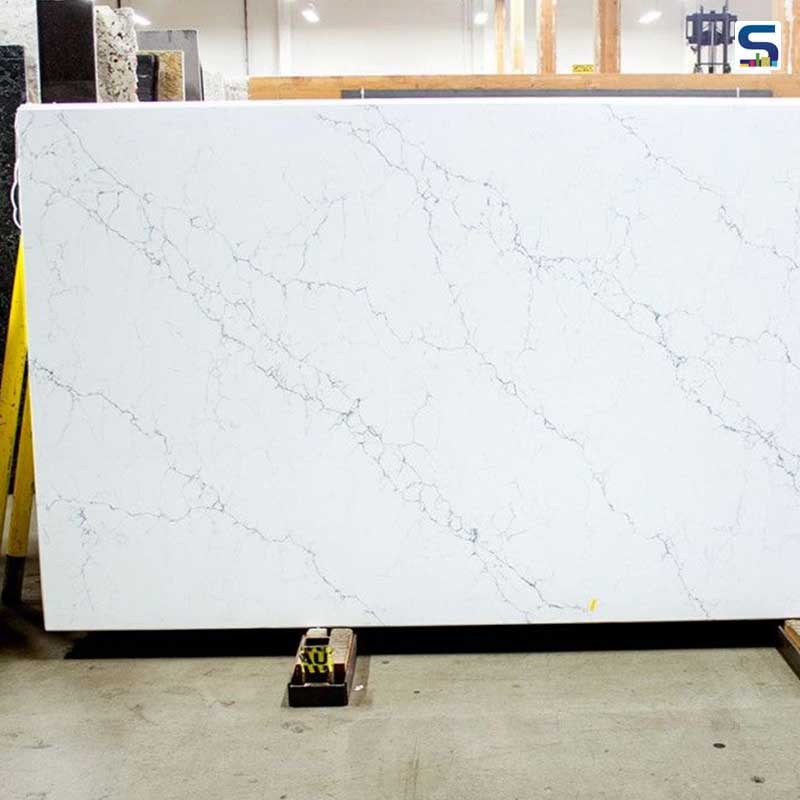
What is Granite?
Granites are big slabs of rock that are also called as natural stones. These are brought from across the globe. Each granite differs from the other in patterns. Granites are named after the place or color they are visible in.
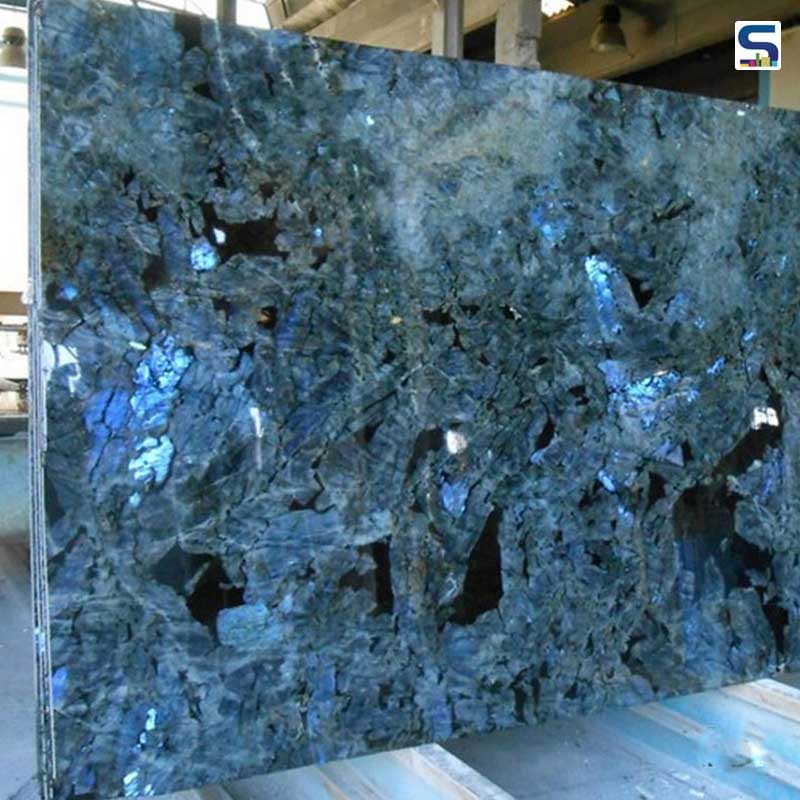
Why quartz?
Pros
Quartz is highly durable, non-porous, non-stainable, human-made and environment-friendly product which means it will never harm both the human and the environment. Quartz gives the look of natural stone and can be made to look like marble or any other textures finish. These do not capture bacteria or viruses on top of it. They do not need to be sealed in order to be protected. They do not get damaged in sun or under spills of water. Quartz are highly strong and do not break when a pan or any heavy materials falls on top of it. They do not need to be cleaned with extra cleaner, you can simply wipe a damp cloth on top of it and they’ll be instantly clean.
Cons
These are costlier than granite but these are more durable. These do not give a 100% finish like granite because these are human-made. Although they are available in bigger slabs as well, you can see visible seams or visible joints between two pieces of same countertops as they joined together.
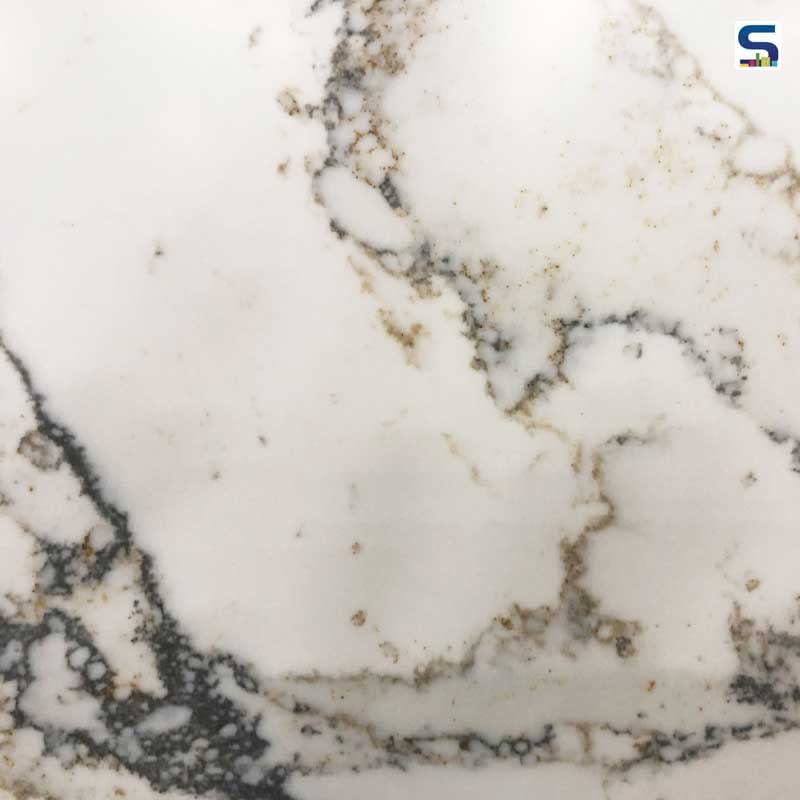
Why Granite?
Pros
Granite is a natural product that is produces by the mother-nature itself. It is available in beautiful textures and patterns that are completely different from one another. Once installed, they give a natural feel to your indoors and match well with your floors and cabinets. They are pocket-friendly in comparison with quartz because they are naturally produced. Granite is durable but it requires proper maintenance and sealing.
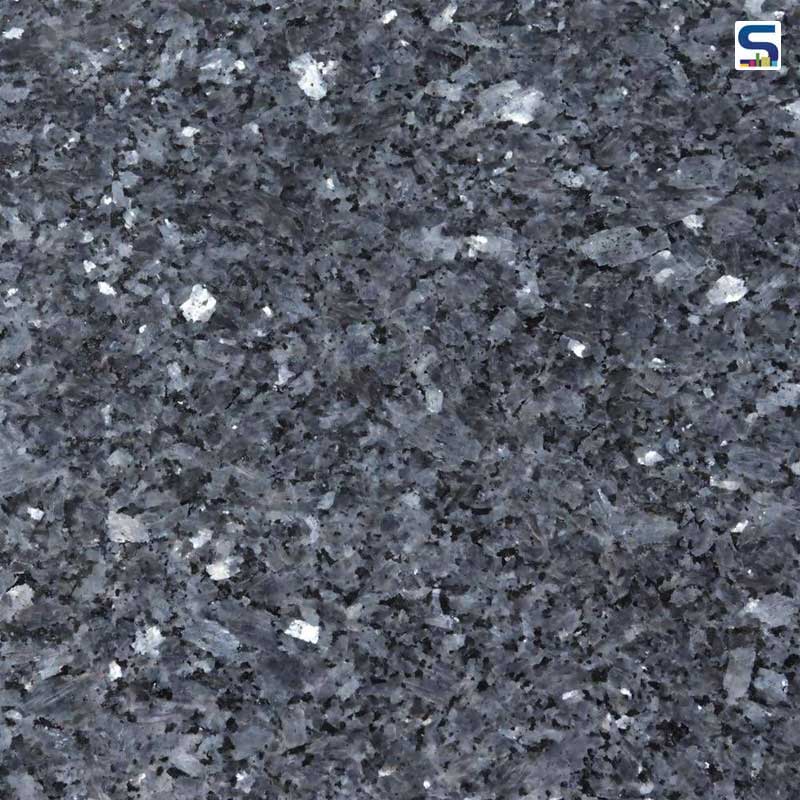
Cons
Granite is likely to be less durable in comparison with quartz. Since it is naturally produces, it can be porous that means it can break once its pores are filled with liquid substances. They go well in the kitchen but can hold bacteria and viruses inside and on top of it. They can also hold oil, water inside the seams that is why they need proper sealing in order to protect it. Granite slabs are prone to staining, breaking and dirt in comparison with quartz.
Well, this is all we have for you. If you are planning to renovate your kitchen countertops and still confused on what to choose amongst quartz and granite, we suggest you choose quartz as it is completely environment-friendly, durable and does not stain. It can go for ages without any harm.
Keep visiting SURFACES REPORTER for more updates and follow us on Facebook, Twitter and Instagram for daily updates. Don’t forget to subscribe to our youtube channel.